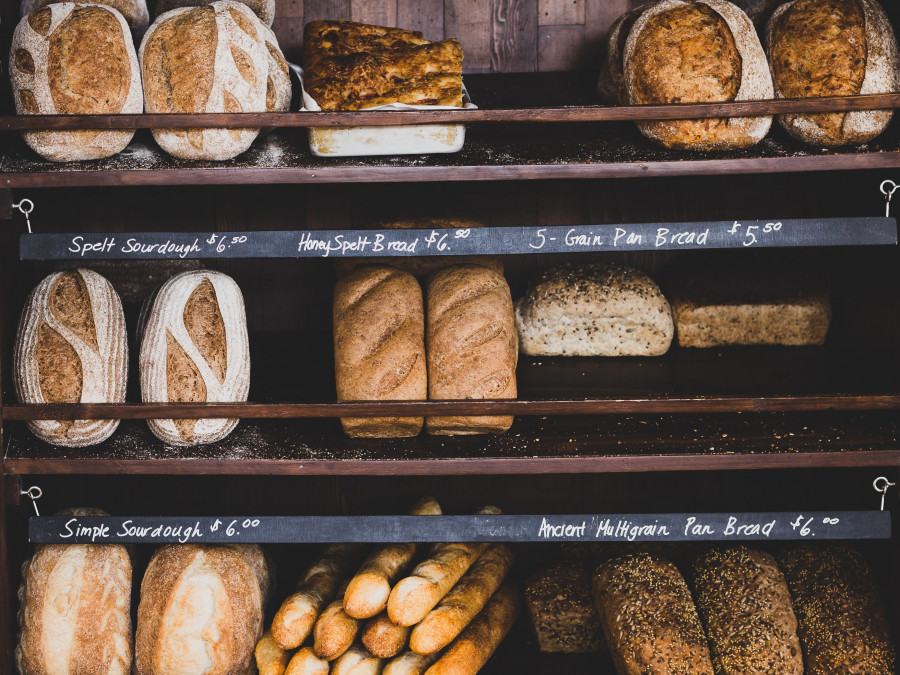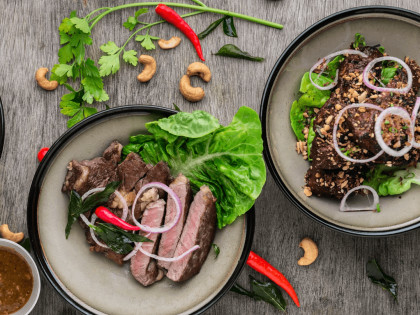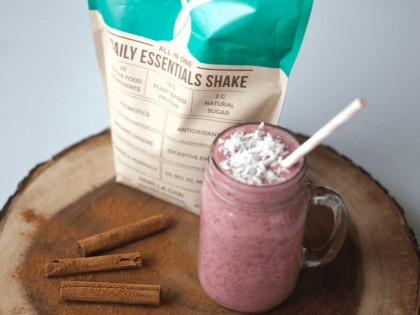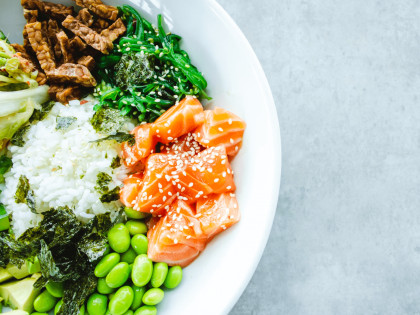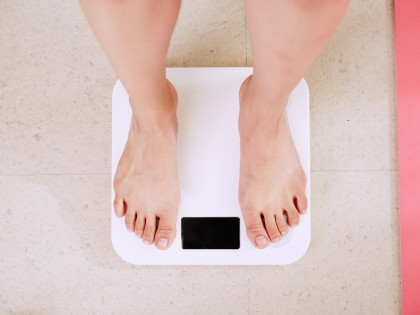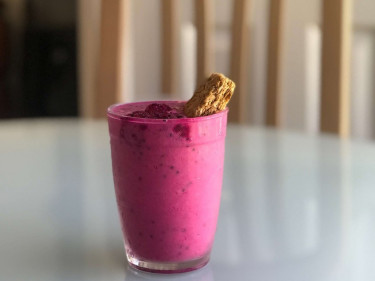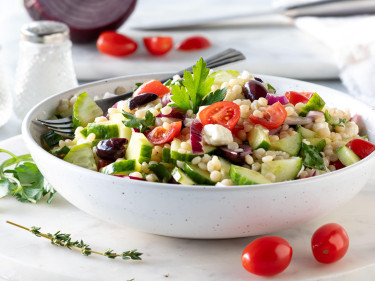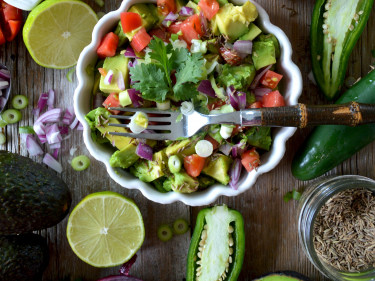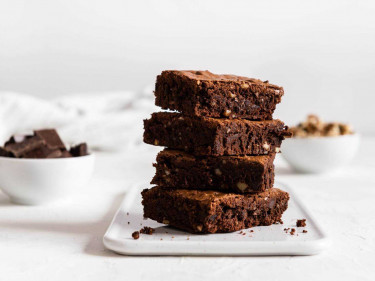International Whole Grain Day is coming, so we’ve put together the key facts on what’s to gain from eating wholegrain.
What are grain foods?
Foods made from grains, such as wheat, rice, oats, corn, rye and barley. Grain foods include breads (e.g., wholegrain, white, pita), breakfast cereals (e.g. oats, weet-bix), grains (e.g. rice, quinoa), and other grain products (e.g. pasta, flour).
What are the benefits of eating wholegrains?
Grain foods are a good source of quality carbohydrate, protein, fibre, vitamins and minerals, including B vitamins, vitamin E, zinc and iron. Grain foods also include phytonutrients which are associated with improved health and reduced risk of disease.
Eating wholegrains is linked with a reduced risk of chronic diseases including diabetes and coronary heart disease, and can also be helpful in managing weight. A few factors contribute to this. Wholegrains are low in saturated fat (a source of unsaturated (healthy) fats) high in fibre and often have a lower glycaemic index than refined grains. This can help keep you fuller for longer, manage spikes in blood sugar levels and lower cholesterol and risk of heart disease.
What makes it wholegrain?
Grains are made up of 3 layers:
- Bran (outside layer)
- Endosperm (main part of the grain)
- Germ (smallest part).
The bran and germ hold most of the fibre, vitamins and minerals. Especially the bran. The endosperm is mostly made up of starch.
Wholegrain foods contain all 3 layers of the grain, while non-wholegrain varieties (such as white bread) remove the bran (and sometimes the germ) during processing.
Wholemeal foods also contain the wholegrain, it has just been crushed down into a finer texture.
What are the recommendations for grain foods?
Eating a wide variety of grain foods every day and including mostly wholegrain or high fibre varieties is recommended. How much you need depends on your age, sex, and how active you are. You can read more on recommendations for wholegrain food here.
Tips to include more wholegrains
- Swap white bread, pasta, grains and flour for whole grain or wholemeal versions. A quick way to check is to look at the colour. Wholegrain and wholemeal versions will have brown colour and may also have flecks of brown which comes from the bran
- Look for the words ‘whole’ (e.g., whole wheat) or ‘wholegrain’ on the label or ingredients list
- Look at the per 100g column on the nutrition information panel to compare products and find those with the highest fibre content. The best choice will be high in fibre AND contain wholegrains
- Experiment cooking with different grains. This can include different varieties of wheat (e.g., Freekeh), corn, brown rice, oats, millet and barley, as well as pseudo-grains like quinoa and amaranth
Check out our Healthy, Easy Recipes for recipes using wholegrains. Some of our top picks include:



